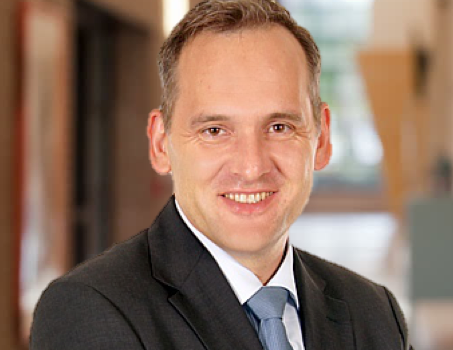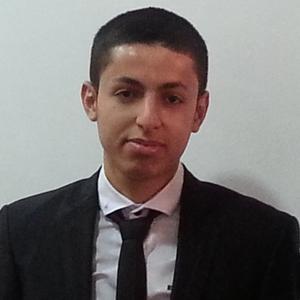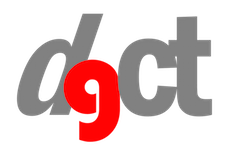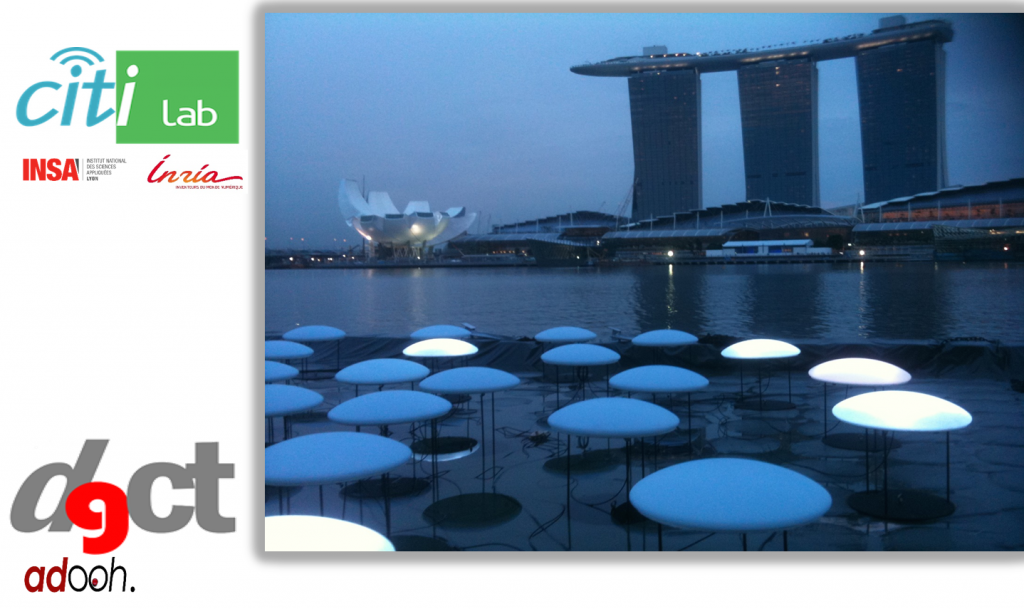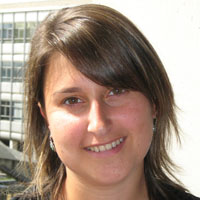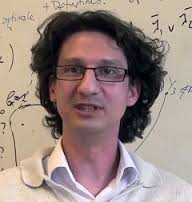
The next CITI talk will take place on 26th May at 11 am in Amphi Chappe. This seminar entitled “A new approach for secure personal cloud” will be presented by Nicolas Anciaux, researcher at INRIA, in the SMIS project.
Abstract
In the current Web model, individuals delegate the management of their data to online applications, each storing and exploiting the data into their own Web data silo. No concrete guarantee is offered to the individual regarding the usage and dissemination of their personal information, which often lack of transparency and depend on the underlying business models.
Today, a large economical and political consensus emerges to reestablish the control of the individuals on their data and improve trust. The current centralized approach seems by essence incapable of closing the gap. The SMIS team addresses this issue through the paradigm of “Personal Data Stores”, where individuals manage their digital life from a secure and personal hardware platform. Our research focus on several important prerequisites. In particular, we design embedded data management techniques for tamper resistant components, we work on Privacy-by-Design architectures based on an ecosystem of smart objects, and we study privacy preserving data dissemination models and distributed computations for such architectures. The presentation will present architectural considerations, embedded data management techniques, and application examples, that we consider emblematic in this work.
Bio
Nicolas Anciaux is a researcher at INRIA, in the SMIS project which focuses on secured and mobile information systems. He received his PhD in 2004 and his French Habilitation in 2014 from University of Versailles. Before joining Inria, Nicolas was a post-doc researcher at University of Twente and studied database implementations of the “right-to-be-forgotten” in ambient intelligent environments. Since he joined INRIA in 2006, his research interests lie in the area of data management on specific hardware architecture, and more precisely on secure chips and embedded systems. He proposes architectures using secure hardware, and data structures and algorithms to manage personal data with strong privacy guarantees using tamper resistant hradware. He is a co-designer of PlugDB, a secure and personal database device. Since 2015, Nicolas co-animates the research activities of the privacy cluster of the Digital Society Institute which brings together economists, jurists and computer scientists.

